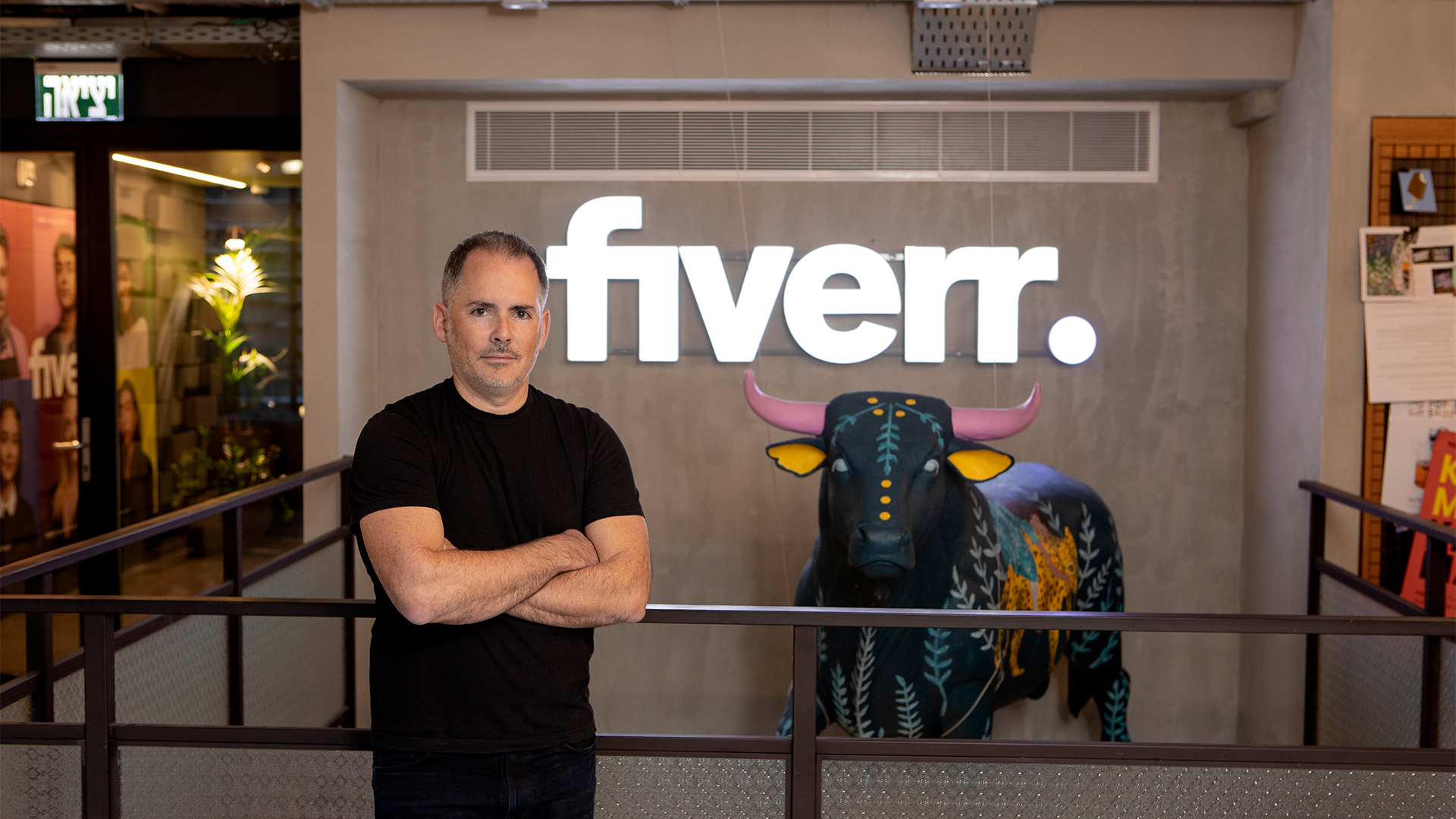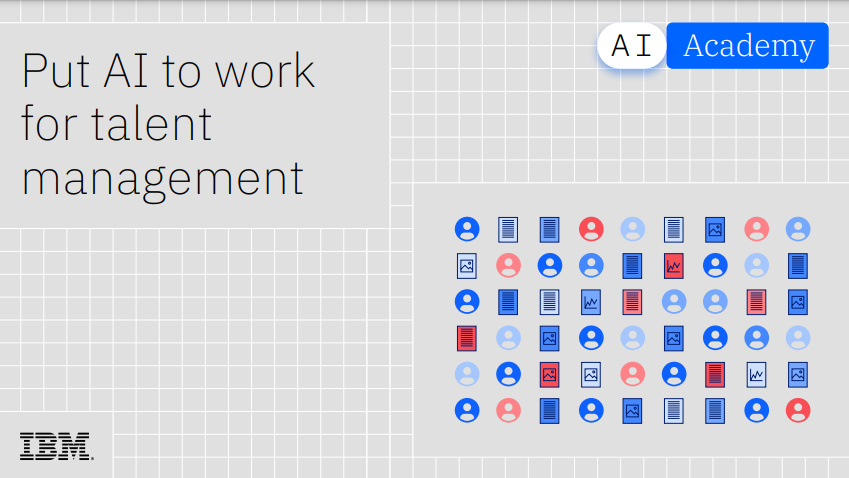Tech talent shortages mean firms are scrapping traditional recruitment strategies
Skills-based strategies and a 'hiring for promise' approach are gaining significant traction


With more than half of enterprise leaders worried about future skills shortages, many organizations are turning to a range of new techniques to expand potential talent pools.
According to Workday's Global State of Skills report, only 54% of leaders say they have a clear view of the skills within their workforce today, and fewer than a third are confident that their organization has the skills needed for long-term success.
It's not always technical skill sets that are in high demand, however, with the research finding an equally critical need for uniquely human skill sets.
Social skills like communication and teamwork, and individual skills like resilience and creativity are listed as the most impactful skill gaps faced by organizations today, followed by digital fluency, including AI and software proficiency.
Indeed, the study noted that these skills shortages are leading to a move away from the traditional focus on job roles, qualifications, or titles when hiring and fostering talent.
Workday found firms are instead moving to ‘skills-based talent strategies’, which prioritize an individual’s capabilities over traditional credentials and focus on identifying, developing, and deploying specific skills and competencies.
According to the study, more than half of organizations worldwide are already switching to a skills-based talent model, with another 23% planning to start this year.
Get the ITPro daily newsletter
Sign up today and you will receive a free copy of our Future Focus 2025 report - the leading guidance on AI, cybersecurity and other IT challenges as per 700+ senior executives
Eight-in-ten leaders agree that adopting a skills-based approach improves productivity, innovation, and organizational agility. They also said it increased access to job opportunities for employees, improved workforce equality, and cut unemployment.
Notably, AI is helping here by streamlining routine and repetitive tasks, enhancing decision making with data-driven insights, personalizing learning and development programs, and predicting the need for future skills.
"AI is reshaping the workplace, but the human element has never been more essential," said Chris Ernst, chief learning officer at Workday.
"Organizations that embrace a skills-first mindset will not only unlock AI’s potential but also harness human ingenuity in new and transformative ways."
There are, though, challenges to a skills-based approach. The time needed to reskill employees was a problem for 43% of business leaders, with 38% having difficulties caused by resistance to change.
Meanwhile, 28% cited a lack of infrastructure to support skills-based talent management, and the same number highlighted inadequate skills measurement tools.
‘Hiring for promise’ gains traction
Running parallel to the skills-based strategy approach, many organizations are also employing ‘hiring for promise’ practices.
Hiring for promise is a recruitment technique which takes into account a candidate’s potential willingness to expand on their existing skill sets, developing new capabilities to support the organization.
Recent analysis from Gartner found that adopting this approach - rather than focusing primarily on traditional criteria - is the most effective and efficient way to close skills gaps in enterprises.
Gartner’s study found that employees hired on promise were 1.9 times more likely to perform effectively, and played a vital role in plugging talent gaps.
RELATED WHITEPAPER

Notably, half of HR leaders said this has been driven by the fact that demand for skills is evolving rapidly, meaning in-house talent can’t keep up with new requirements.
Similarly, with talent pools drying up across a range of professions, recruitment professionals are widening their nets to compensate.
"Waiting to find an employee with all of the exact skills listed for a role significantly shrinks the pool of potential candidates," said Annika Jessen, director of the Gartner HR practice.
"Instead, managers should focus on defining simple, foundational role requirements to reach a wider group of candidates."
MORE FROM ITPRO
- 64% of hybrid business leaders want staff back in the office
- DEI rollbacks could exacerbate tech talent shortages
- Why laid-off workers are ditching full-time work
Emma Woollacott is a freelance journalist writing for publications including the BBC, Private Eye, Forbes, Raconteur and specialist technology titles.
-
 Bigger salaries, more burnout: Is the CISO role in crisis?
Bigger salaries, more burnout: Is the CISO role in crisis?In-depth CISOs are more stressed than ever before – but why is this and what can be done?
By Kate O'Flaherty Published
-
 Cheap cyber crime kits can be bought on the dark web for less than $25
Cheap cyber crime kits can be bought on the dark web for less than $25News Research from NordVPN shows phishing kits are now widely available on the dark web and via messaging apps like Telegram, and are often selling for less than $25.
By Emma Woollacott Published
-
 ‘AI is coming for your jobs. It’s coming for my job too’: Fiverr CEO urges staff to upskill or be left behind
‘AI is coming for your jobs. It’s coming for my job too’: Fiverr CEO urges staff to upskill or be left behindNews The latest in a string of AI skills warnings has urged staff to begin preparing for the worst
By Ross Kelly Published
-
 IBM pledges support for UK government cyber skills program
IBM pledges support for UK government cyber skills programNews The CyberFirst Girls competition is aimed at increasing diversity in the cyber security workforce
By Emma Woollacott Published
-
 AI skills training can't be left in the hands of big tech
AI skills training can't be left in the hands of big techNews Speakers at Turing's AI UK conference lay out challenges to AI skills readiness
By Nicole Kobie Published
-
 The UK’s AI ambitions face one major hurdle – finding enough home-grown talent
The UK’s AI ambitions face one major hurdle – finding enough home-grown talentNews Research shows UK enterprises are struggling to fill AI roles, raising concerns over the country's ability to meet expectations in the global AI race.
By Emma Woollacott Published
-
 Employees are dead set on flexible working arrangements – three quarters would turn down a role that didn't offer hybrid options as work-life balance becomes more important than pay
Employees are dead set on flexible working arrangements – three quarters would turn down a role that didn't offer hybrid options as work-life balance becomes more important than payNews New research shows workers are increasingly demanding flexible working arrangements from employers.
By Emma Woollacott Published
-
 Businesses know they have major skills deficits, but less than half plan on hiring more women
Businesses know they have major skills deficits, but less than half plan on hiring more womenNews Male IT leaders remain complacent about gender diversity despite widespread skills shortages
By Emma Woollacott Published
-
 Put AI to work for talent management
Put AI to work for talent managementWhitepaper Change the way we define jobs and the skills required to support business and employee needs
By ITPro Published
-
 Essential skills for managers: Develop resilient employees
Essential skills for managers: Develop resilient employeesWhitepaper Build team culture, no matter where your people are located
By ITPro Published